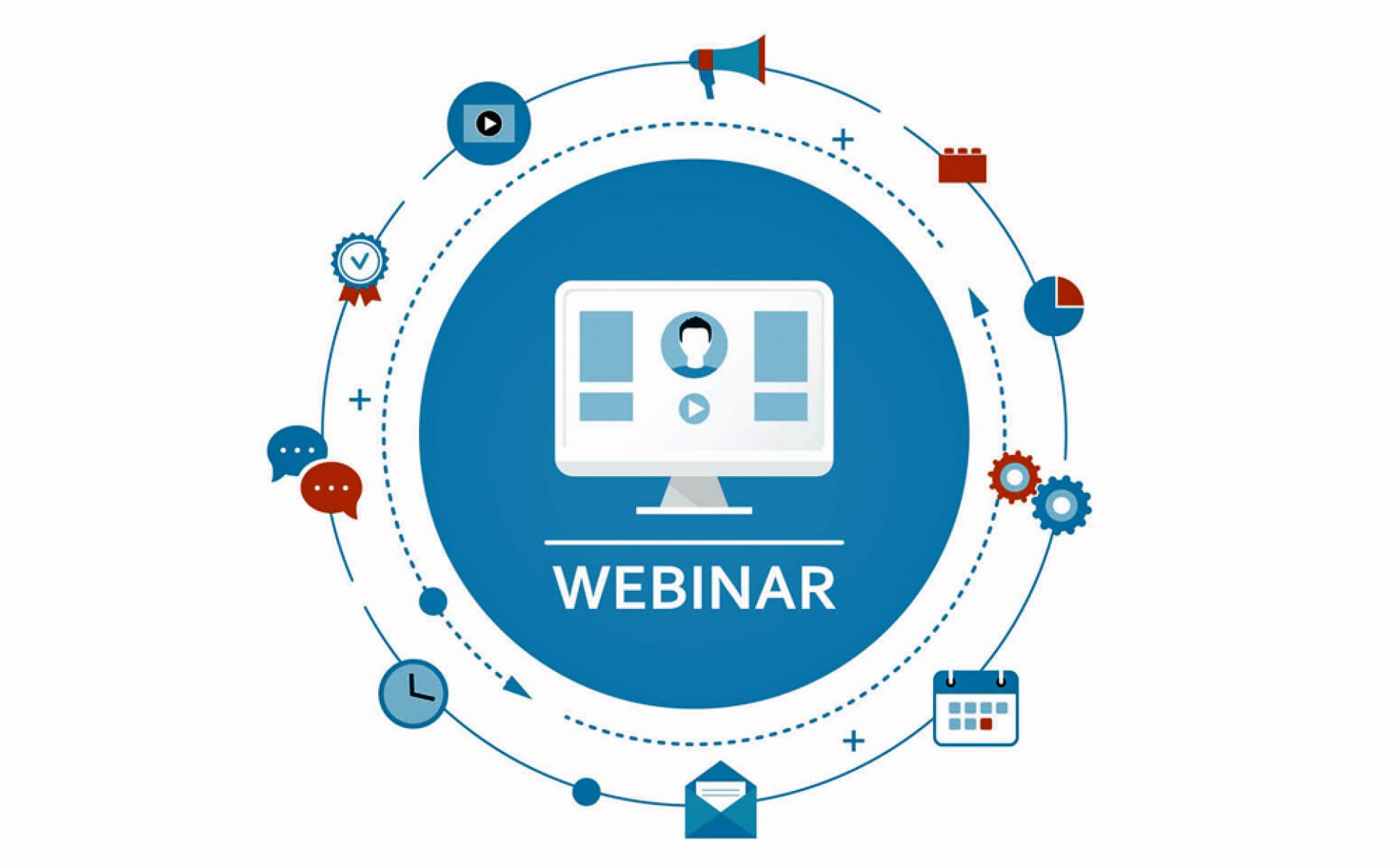Online Webinars: How They Work, Advantages and Benefits of Webinars
When talking about something that sparks people's interest, skipping webinars is a mistake. The purpose of webinars is varied, and the scope of their application is wide. But why use webinars instead of any other online communication? And what exactly to do to make this format work for you?

What is a webinar?
The definition of a webinar refers to a videoconferencing format that provides communication between one or more speakers and their audience. It may feel like a lecture, but the main difference is that webinars are much more versatile. You can use them for educational purposes, marketing campaigns, employee training, and more.
It's also a bit like online meetings. But unlike a meeting, an online webinar is a pre-planned event that does not have a regular basis in its organization by the same people. In other words, webinars are unique because they give you the opportunity to listen to people or experts talk about specific topics.
How does a webinar work?
Properly organized webinars are exceptionally effective for achieving any goal. Follow the order below to make it work.
- Define your goal. Often people turn to webinars as a learning opportunity and a marketing tool.
- Search for information. Find out what topic would be of interest to the audience, who can speak on this topic, and how broad the topic is.
- Plan your actions depending on the needs of your business. Approve the budget, allocate responsibilities and decide whether you will develop the content of the webinar yourself or prefer to invite an invited speaker.
- Work on the webinar itself: Choose the webinar features that will best serve your purpose and focus on them. Promote the event, arrange, create content, design visual aids, and more.
- Host a webinar.
- Analyze the results and do the work after the event.
Organizing a remote event is not a problem if you are a beginner. The main things to pay attention to are the critical points: audio and video equipment, relevance of the content to the interests of the audience and a well-prepared speaker.
Benefits of webinars
The advantages and disadvantages of a webinar are numerous and depend on the point of view. Use for various purposes defines them, but we will focus on the main positives. Webinars allow:
- Establish direct contact with the target group. When organizing a webinar, the first thing you think about is the audience. This way you will prepare the material and invite speakers who will attract a new audience and interest the existing one.
- Save time and money. Due to the remoteness of what is happening, you save your time on finding a place and money on renting premises and equipment.
- Build strong and long-term business relationships. Organization of events makes you find new opportunities, communicate closer with partners, seek cooperation. This creates a wider network of business acquaintances and strengthens the relationships you had before.
- Share information with the audience. A webinar is, first of all, useful information. When people show interest in a meeting, they seek information that will help them solve their problems. Give them this chance.
- Better understanding of your target audience. Online webinars are productive only if you communicate with participants. The FAQ section is the best way to find out what is bothering people and how you can help them.
If you hosted a webinar and can say that all of these points are true for you, then congratulations! You have successfully completed remote work.
Technical requirements for participation in the webinar
Among the pros and cons of webinars, we highlight the need for equipment. On the one hand, it is an advantage that the event can be organized at a distance. On the other hand, this equipment must be customized significantly and up to the current standard to ensure the best quality.
It touches on several points:
- hardware, including a headset, webcam and PC, must be up-to-date and ensure reliable operation of the system;
- webinar applications must be compatible with the system you are using and provide a stable connection for a smooth conference;
- The Internet connection must also be fast and reliable.
In the event of some discrepancy, you may lose the chance to take most of the event.
When and where are online webinars useful?
Webinars are ideal for marketing needs as they provide information sharing and lead generation. Training is also a wise application for the same exchange of information and increasing the level of professionalism and motivation. Independent webinars serve to exchange ideas that may be useful for personal, collective or professional use. The format is easily adaptable to your needs and requirements.
You don't have to be an expert to get the most out of webinars. Follow some general rules and take into account important aspects to achieve your goal. To make it even easier, take the opportunity to explore the iMind application for free with a wide range of options for further professional use.

